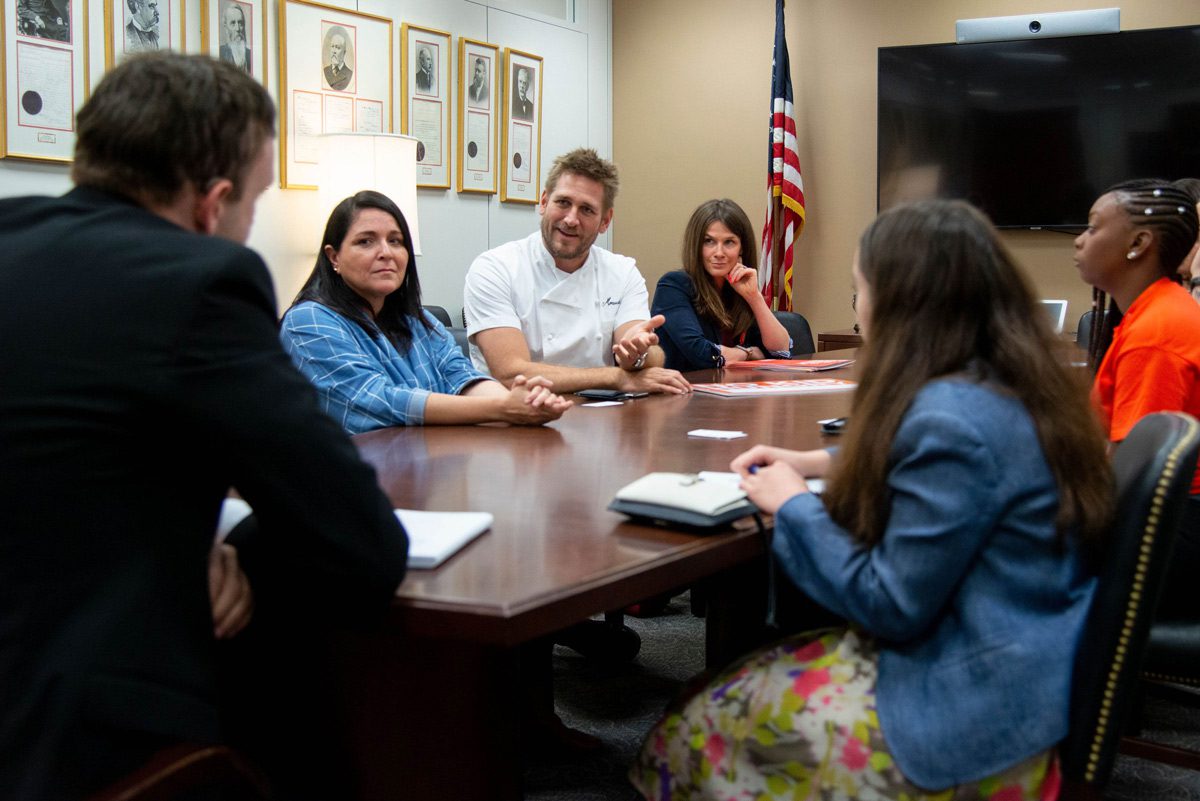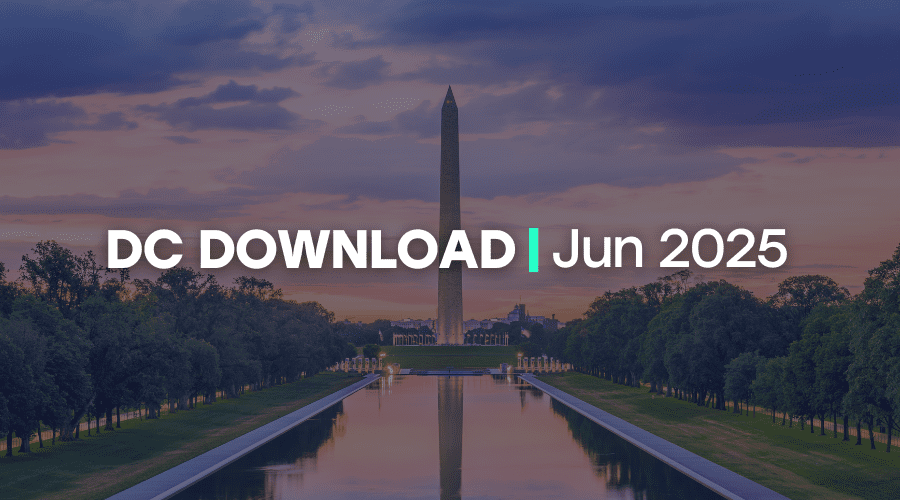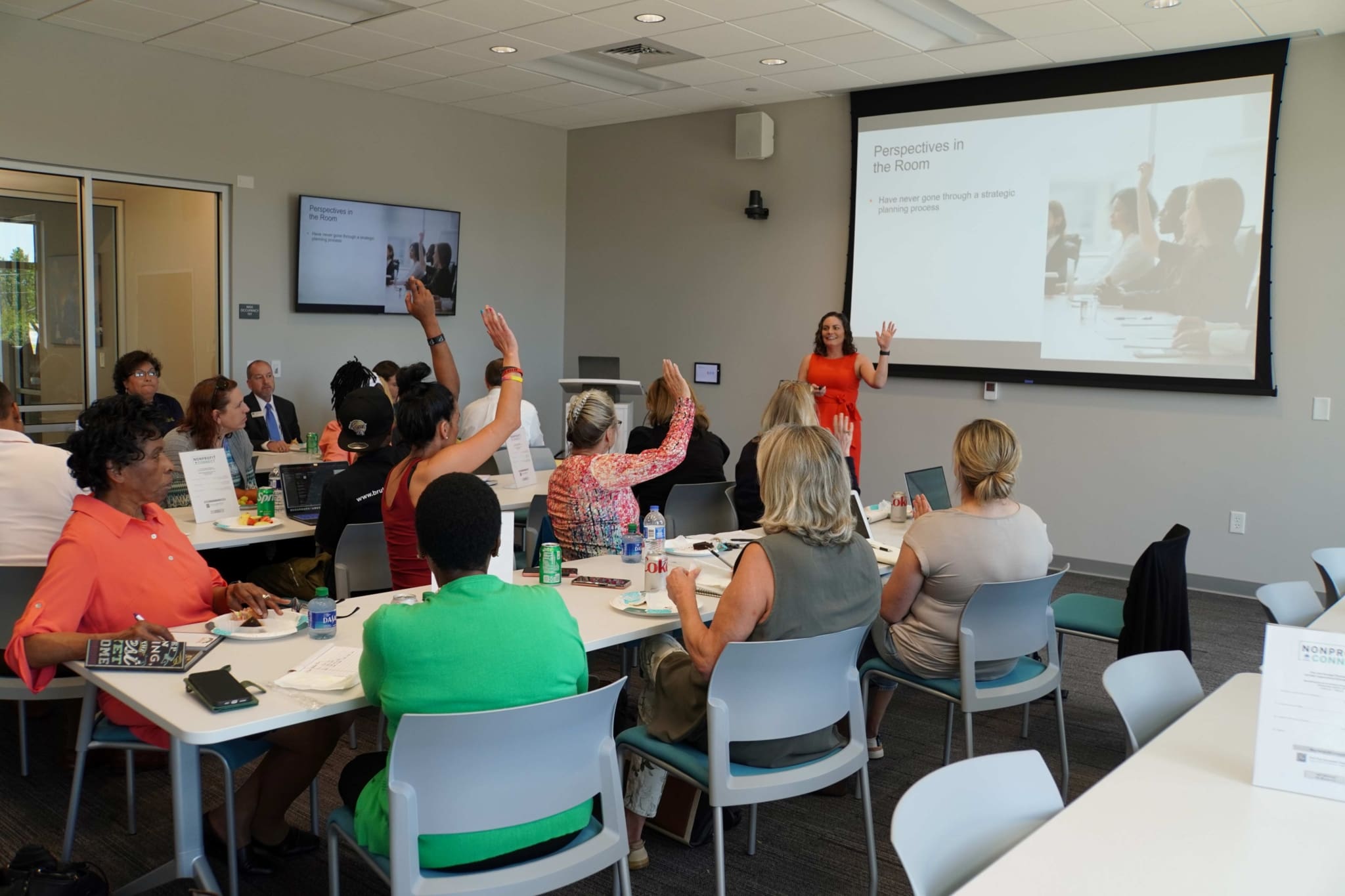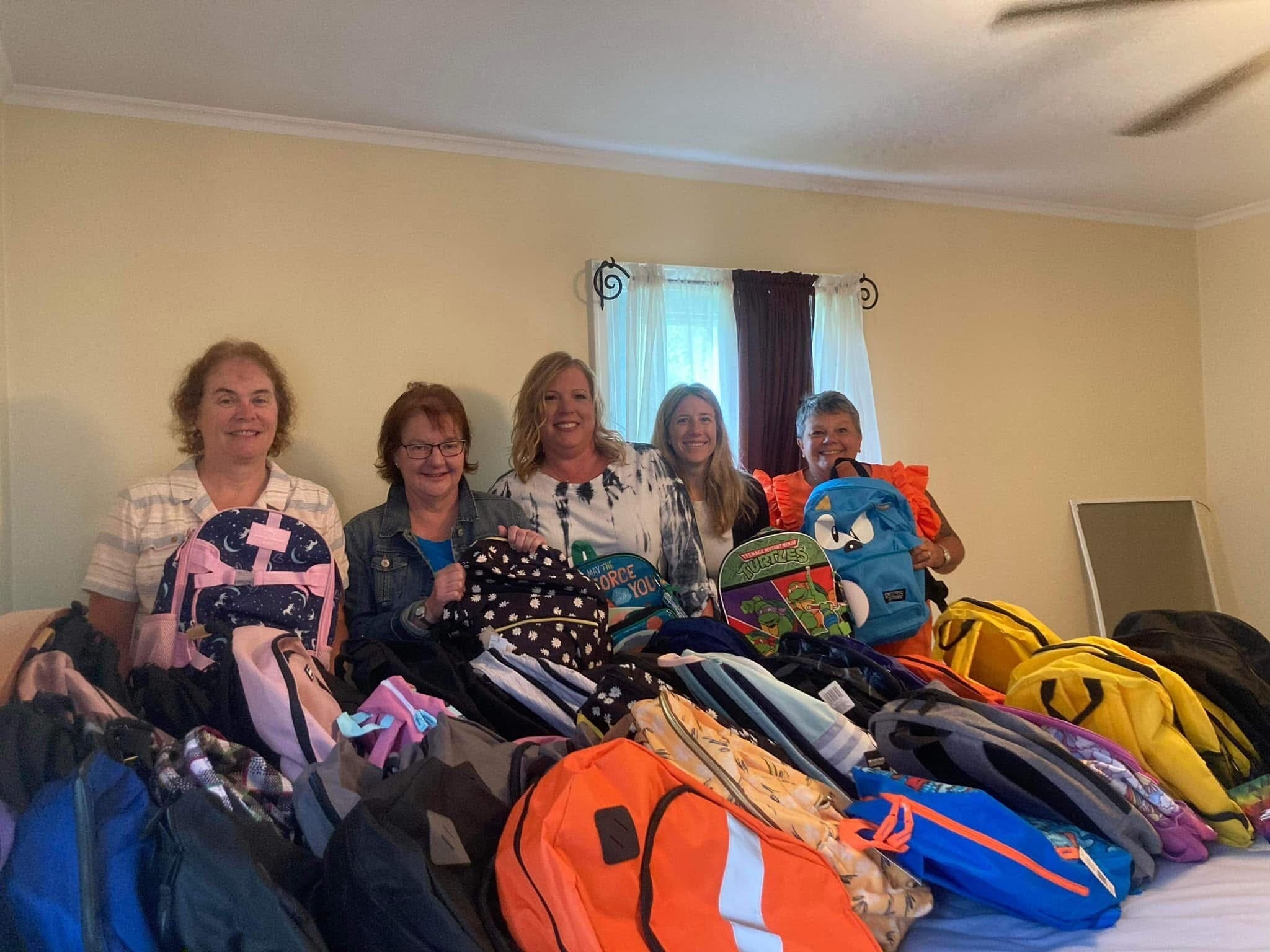
Bernadette Downey, Associate Director of Government Relations and Advocacy, Share Our Strength
As a home for nonprofits, foundations, and corporate allies engaged in every kind of charitable endeavor, Independent Sector is proud to have a long history of working on public policy issues that impact nonprofits across the board. We are also fortunate that our efforts often entail working closely with many of our own members that are engaged in the public policy arena. One such member, Share Our Strength, does some extraordinary advocacy work in service of their mission: ending child hunger. To learn about this aspect of their work, we spoke with Bernadette Downey, who leads the organization’s government relations and advocacy work.
Q: What are your organization’s goals in the public policy arena?
BD: Through our work on the No Kid Hungry campaign, my team urges elected or appointed officials to adopt policies that will improve access to the federal child nutrition programs. One in six kids in the US faces hunger, but we have the resources and programs to ensure those kids get three meals a day, especially through existing federal nutrition programs like the Supplemental Nutrition Assistance Program (SNAP), School Breakfast, and Summer Meals. We work with policymakers to remove bureaucratic barriers keeping kids from participating and ensure that state laws reflect the best practices that our research has identified.
We’ve seen some of the most transformative change come when the highest need schools serve breakfast as part of the school day, just like lunch, with models like Breakfast in the Classroom. Whether it is a sweeping change or a small adjustment, our ultimate goal is that more eligible kids have the food they need to grow up as part of a strong and healthy nation.
Q: How do you engage your constituents and partners in these advocacy efforts?
BD: Our advocacy work is closely coordinated with our No Kid Hungry campaign partners on the ground. We collaborate in the development of goals, strategies, and strategic activations for our partner’s homegrown network and Share Our Strength’s national audience. Our coalitions are broad and draw upon the networks we have developed with education stakeholders, the anti-hunger community, corporate and agriculture industries, elected officials, and key national associations.

Q: Tell us one thing that policymakers are surprised to learn about you and the people you serve.
BD: Policymakers haven’t always made the connection on the impact effective child nutrition programs can have on their states as a whole. When kids consistently get the nutrition they need, it has an impact on everything from chronic absenteeism to test scores to graduation rates. It helps children avoid long-term, avoidable (and expensive) health problems that follow them into adulthood. It is a cornerstone to a stronger future workforce and a more economically competitive state as a whole. Child hunger is an issue in communities and school districts of all sizes throughout the US, and lawmakers are often surprised to hear that this is problem with a clear, accessible solution.
Q: What has been the most noteworthy area where you have seen progress lately?
BD: While the need is still great, more kids than before are participating in the School Breakfast Program. During the 2017-18 school year approximately 12.5 million students participated in School Breakfast across the country (an increase of 1.2% from the previous year). We see this growth especially in states that have passed legislation encouraging or requiring Breakfast After the Bell. In an environment of political division, these policies have been supported in bipartisan fashion, and have brought lawmakers together across the aisle to work toward ending child hunger in their states.




